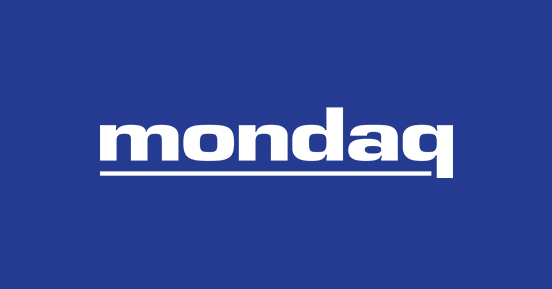"How does that work?"
The question motivates engineers to examine the world and use
what they learn to advance technology. But the question is also
always top-of-mind to any lawyer, regardless of their practice.
Every law is a puzzle to understand how it operates in theory;
every case is a clue as to how the law operates in practice. When a
law is expressing a policy choice, we imagine a machine in motion
and attempt to estimate how it will work over time (for example,
"Will the threat of increased jail time reduce
crime?").
This primary question has added significance where law and
technology intersect because we need to understand the operation of
both to draw correct conclusions. Did the defendant misappropriate
a trade secret by accessing that server? The question hinges on
both what legally counts as a
"misappropriation" and "trade secret" as well
as what technically counts as
"access." The question cannot be answered until we know
how these terms "work." As a result, engineers who find
themselves practicing law are confronted daily with "how does
that work?", whether we are digging deep into the law or the
inner workings of a client's product. Discovering the answer to
that question is what makes intellectual property such a
fascinating area to study and practice.
And this exercise is made only more interesting because both
systems (law and technology) are dynamic – the answer to
"how does that work?" changes (sometimes dramatically)
over time. It is clear to anyone that technology is rapidly
changing – the phone you exchanged three years ago because it
was not fast enough had 100,000 times the processing power of the 1969
Apollo 11's computer. Intellectual property law is also in
flux. Since 2010, Congress has overhauled the Patent Act as well as
created an entirely new federal regime for trade secrets. Also
since 2010, the U.S. Supreme Court has substantially revised
the requirements for obtaining a patent and
completely reworked the standard for whether someone has willfully infringed a patent, among other
important changes. Both law and technology are rapidly shifting
under our feet.
Answering "how does that work?" for both law and
technology – particularly software – as they evolve
together is the purpose of this blog. Our hope is that we can
present the interplay of both subjects in way that is informative
and entertaining.
The content of this article is intended to provide a general
guide to the subject matter. Specialist advice should be sought
about your specific circumstances.








Gloss